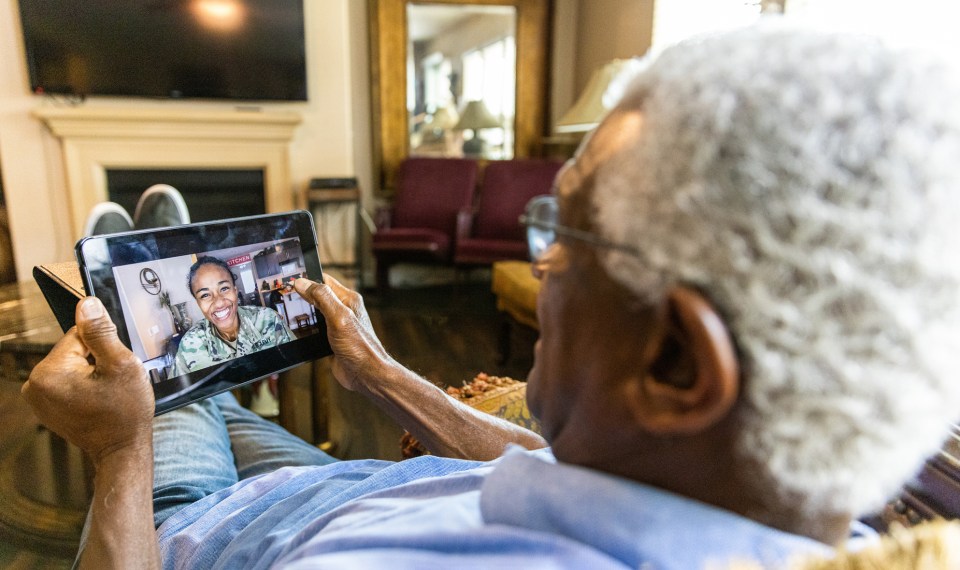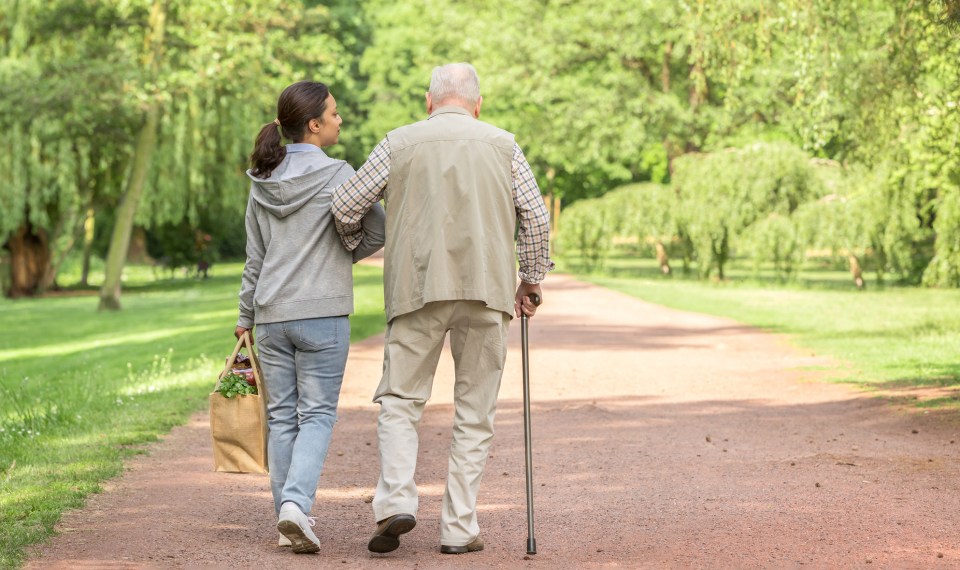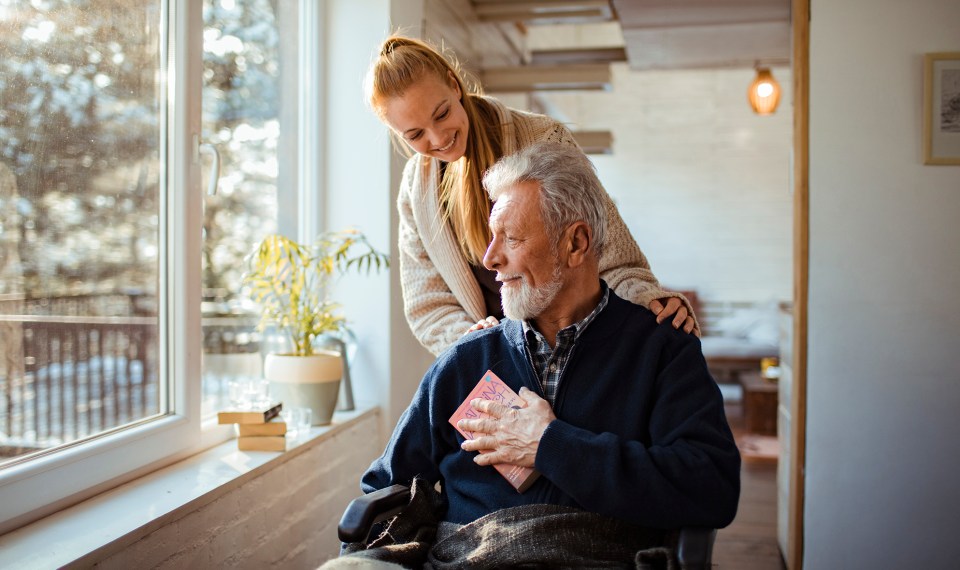Serving as a caregiver for a loved one is a challenging, yet rewarding, experience. However, it can also come with feelings of resentment and regret.
What starts as frustration and anger over your and your loved one’s circumstances can eventually turn into feelings of guilt. If you as a caregiver are experiencing feelings of guilt, you are not alone. Caregiver guilt is very real for many of the millions of Americans who serve as unpaid caregivers to family members or friends.
This is commonly the case for those caring for someone with a progressive condition, such as Alzheimer’s disease or Parkinson’s. Feelings of guilt can stem from:
- Wanting the situation to just be over
- Missing activities or events with other family members and friends
- Feelings of being trapped in the situation
- Losing patience with your loved one
- Thinking that you are not a good enough caregiver for them
- Not being able to meet all of their complex healthcare needs on your own
These feelings are a natural part of caregiving, but the guilt often associated with them can also lead to caregiver burnout, which could cause health issues and concerns for you.
The Importance of the Caregiver
More and more older adults and those with disabilities or chronic illnesses rely on an unpaid caregiver to help them remain independent and take care of their daily needs. According to the CDC, the care provided by these individuals would cost more than $470 billion a year if purchased through a healthcare professional or provider.
Most unpaid caregivers are not formally trained and have to learn as they go, another factor that can lead to stress and caregiver guilt. However, the care they provide has countless benefits for their loved ones. Since the majority of unpaid caregivers are family members and friends, serving as one can:
- Provide your loved one with a sense of companionship
- Allow them to remain in their home longer
- Increase their quality of life
- Decrease their feelings of depression or loneliness
For those reasons, maintaining your physical and mental health as a caregiver is just as important as the care you are providing your family member or friend.
5 Tips to Manage Caregiver Guilt
If you are experiencing caregiver guilt, first understand that you are not alone, and remember that while these feelings of guilt are normal, what you are doing is meaningful and important. Then, use the following tips to help you manage any feelings of guilt.
- Have the Difficult Conversation Now. Talk with your loved one about what they want for the future and end-of-life planning. Knowing their desires and wishes can go a long way in reducing caregiver guilt and will help you make informed healthcare decisions for them in the future, should they become unable to make them for themselves.
- Don’t Be So Hard on Yourself. You are not a healthcare professional; you are likely to make mistakes, but learn from them and move on. Oftentimes, guilt is experienced because you set expectations too high for yourself. Know what you can and cannot do, and remember to ask for help. There are also several free online caregiver resources available to you.
- Make Time to Care for Yourself. Be sure to map out time in your day for self-care and activities you enjoy. Needing a break or a moment to yourself is not a reason to feel guilty. To be your best for your loved one, you also need to take time to care for yourself. Make sure to get enough sleep and fit in exercise when you can, even if it is just a brisk walk down the street. Create a schedule for you and your loved one that includes time for yourself. You may even want to consider using respite care in your community. Respite care can provide short-term relief for caregivers and can be provided in the home or a healthcare facility or adult daycare center.
- Start a Gratitude Journal. Having a sense of gratitude can go a long way in improving your emotional health and well-being. A gratitude journal can help you gain perspective of your situation. Start each day by writing down three things you are thankful for. These can be big or small and may or may not be related to caregiving or your loved one. At the end of the day, reflect on those three things. You may be surprised by the many things you are grateful for despite the challenges you are facing.
- Talk It Out. If you are experiencing caregiver guilt, consult with a trusted friend, family member or even a spiritual advisor or professional therapist. Discussing your feelings of guilt can also help in resolving them, and talking to a third party can also help you determine if these feelings are real or not.
Feelings associated with caregiver guilt are real and should not be ignored. If you are experiencing feelings of guilt, remember to seek help because caring for yourself is just as important as the care you are providing your loved one.
The content of this site is for informational purposes only and should not be taken as professional medical advice. Always seek the advice of your physician or other qualified healthcare provider with any questions you may have regarding any medical conditions or treatments.



